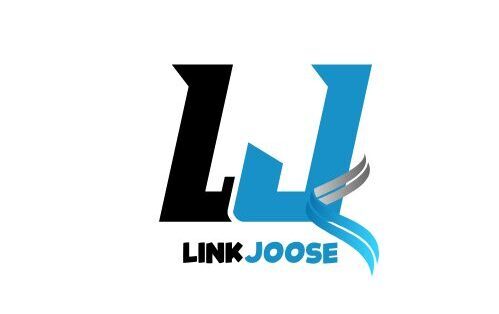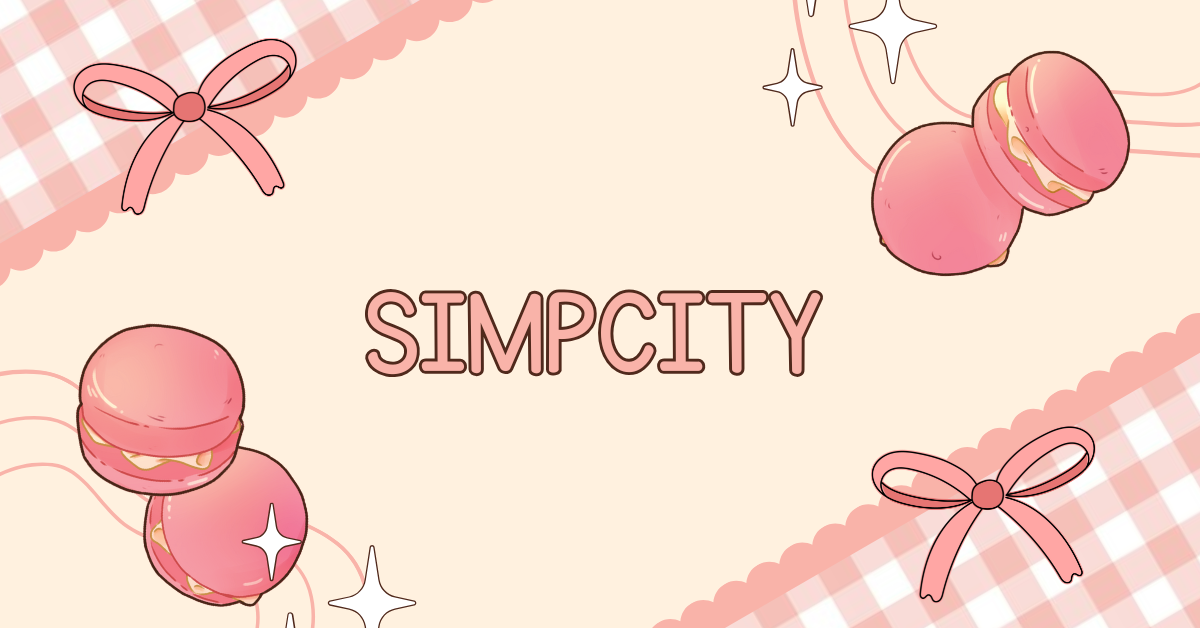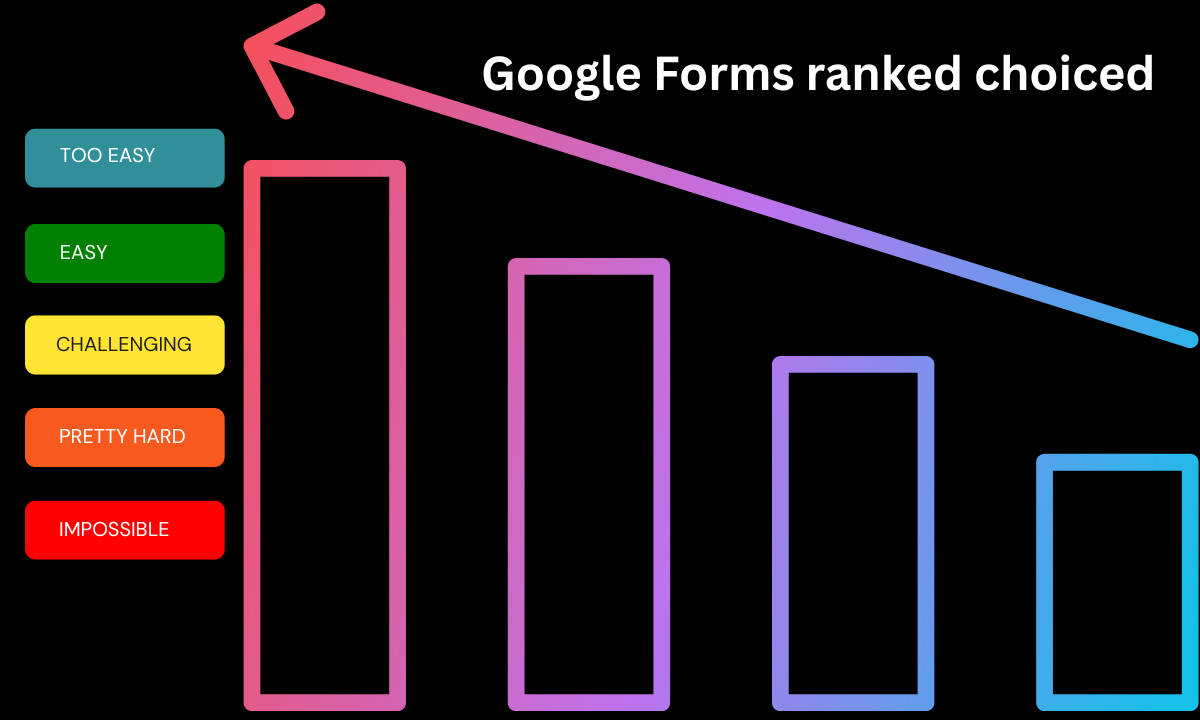INTRODUCTION:
All Games GitHub:
The year 2023 seems to be a surfboard ride on the racing waves of game development, while GitHub appears to be taking the center court in hosting, sharing, and collaborating over any project. From across the world, developers download the code and put it together on GitHub, which is nowhere more evident than in the depth of the gaming universe. Indie developers, coders by accident, and ardent gamers alike, searching for all games GitHub can open doorways into thousands of repositories from retro clones to the experimental forefront.
The all games GitHub search is a doorway into excavating glorious open-source treasures. When typing this phrase into one of the famous black-and-white editor fields, you will dive straight into the world repository through which playable entertainment and frameworks for game development have been preserved. This article will lead you through the extent of what is available under all games GitHub and how to use this list, as well as showcase some of the most interesting projects you can see. In case you need some sunshine, collaborative opportunities, or ready-to-do projects, keep all games GitHub alive in your mind.
All Posterity Games Out Of Github
“All games GitHub” refers to that combination of game repositories built on GitHub. From JavaScript, Python, and C++ to Rust, it bridges languages and repositories that include playable demos, full titles, engines, emulators, and educational tools that help teach the principles of game development.
The search results return all games written on GitHub, relieving users in part of accessing rare games, 2D clones of old arcade games, 3D engine experiments, role-playing games, browser-based simulators, and, indeed, codebases intended for mobile devices. Every project within this universe can be laid bare for viewing, and many opened their doors for contribution from coders, artists, and designers.
Why Game Developers Favor GitHub?
Here are several reasons that would explain the fact that most game developers prefer GitHub:
Version Control: GitHub employs Git for tracking changes and makes reverting back to earlier builds simple. Even collaboration would not be without conflicts.
Community Collaboration: Be it new features, bug fixes, or localization, any project will be able to tap into the global participation made possible by GitHub’s pull request system.
Issue Tracking: Using GitHub provides a single integrated tracker for managing bugs and feature requests for developers.
Documentation: Good GitHub game repositories often come with README files and sometimes wikis explaining gameplay mechanics, setup instructions, and development goals.
This is all to say that GitHub is probably the best place to look if you want to discover all the games GitHub offers.
Different Kinds of Projects in the All Games GitHub Landscape
What an interesting thing about searching all games GitHub is that there are a hundred kinds of projects you will find there. Below, you will find the most common categories that will pop all over when browsing through all games on GitHub:
1.Classic Game Remakes- A large number of repositories involves recreating classic games like Tetris, Pac-Man, Snake, or Doom. Searching all games GitHub reveals dozens of such projects which were often coded from scratch out of nostalgia or for educational purposes.
Some examples are:
js-tetris: A complete Tetris clone using HTML5 and JavaScript.
2. Games In Browser
JavaScript is the king of all web game development, and all games posted on GitHub are full of browser-based games that run with nothing to install.
Find:
Multiplayer games with socket.io
Strategy or puzzle based games to be made with the help of Phaser and Babylon.js.
Endless runners and platformers using Three.js or Pixi.js.
Some of the popular repositories are as follows:
HexGL – Futuristic racing game from WebGL.
2048 – Simple and addictive gameplay that, in its prime, produced millions of forks.
3. Text-Based Games
The GitHub revival of text-based games is really strong. In the search-all-games GitHub term, you will find interactive fiction, terminal-based RPGs, and decision-making games coded in Python, Ruby, or even C.
Top ones are as follows:
Adventure-A text cave exploration.
Python-RPG-an educational project to teach RPG mechanics through code.
4. Unity and Unreal Engine Projects
Although Unity and Unreal are GUI-driven engines by nature, most developers will make their source code and assets available on GitHub. Thus, searching all games GitHub will also yield Unity C# projects and Unreal C++ repositories.
Features to check for:
VR/AR prototypes
Physics simulation games
Cross-platform mobile games with Unity.
5. AI and Machine Learning Games
People in Game with AI become ever so vivid a bloomer in the all games GitHub affair. AI chess opponents to any neural network that teaches Mario AI, GitHub is a great testing ground.
Some notable mentions:
NEAT-Flappy-Bird used a neuroevolution algorithm to teach an AI to play Flappy Bird.
Deep-Q-Learning-Pacman was a reinforcement learning project built around the Pac-Man game.
6. Game Engines and Frameworks
It is not just isolated to fully ready games by the all games GitHub ecosystem, but also just opens up to the game engines for you to use in creating your games.
Examples of engines;
Godot Engine – An open-source 2D and 3D engine following the huge crowd.
MonoGame – A C# framework designed for indie game developers.
GDevelop – A drag-and-drop engine for non-programmers.
These often host with very clear installation guides, documentation, and source files on GitHub.
Creating forks and clones of All Games GitHub Projects
The fun part is finding fun repositories while rummaging through all games GitHub, forking/cloning it is the next step. Forking is actually copying any repository into your account on GitHub where you can do all the tweaks and modifications. Cloning is to copy it locally to play or develop it on your own machine.
Tips:
Always read the README.md file.
Check also if there are dependencies or external assets.
Check out the issue tracker for ideas or bugs you might want to fix.
And also consider respecting licensing terms, especially if you hope to publish modifications.
All Games GitHub Contribution Opportunities
This is the great democratisation by GitHub, transforming passive users into active contributors. Take for consideration some other contribution categories to all games GitHub while you engage them:
Bug Fixes-Just about any open-source games have bugs or incomplete functions.
Art and Sound– Not all devs are good at assets. Updating better art or sound effects can be your niche.
Localization– Translate the game to other languages and extend its borders.
Feature Expansion– Add new levels, enemies, weapons, or game modes.
All Games GitHub is not for just consumption; it can also be about contribution.
Repositories most starred under All Games GitHub
Some repositories have made the rounds among the masses. Search and sort by all games GitHub according to stars for community-approved projects.
Here’s a summary of some amazing things:
1. React Game Engine
Its basic idea is a very flexible and component-based game engine for React developers. It’s great for people orientated towards developing something that can be considered games but with the Web development must-have.
2. FreeCodeCamp Video Game Curriculum
Includes several GitHub-hosted games, built to teach codes running from basic browser games to more complex multiplayer environments.
3. PlayCanvas
An open source game engine for creating browser-based 3D games using WebGL.
4. Space Invaders Python
A terminal and Pygame clone of that well-known arcade game. Popular among Python developers.
5. Minecraft Classic
Not the official version, but there are several open-source clones of Minecraft existing on GitHub: voxel engines and full game systems.
Best Search Practices on All Games-Hub-Git
The above advanced search filters and tags will do all the magic for you when it comes to searching your all games GitHub. For example, to filter by JavaScript games, you would use the following command:
language:JavaScript all games GitHub – Filters all games GitHub by JavaScript-based games.
topic:game – Lists repositories with tag “game”.
stars:>100 – Finds repositories with 100+ stars.
pushed:>2024-01-01 – Recently updated projects.
With these stages, you can greatly reduce the filtering that you have from the all-games GitHub universe.
Examples of Use Cases for All Games GitHub Repositories
The keyword all-gaming GitHub is to find an equally good live relevant and usable term for others. Some examples of how it can be of assistance to different user groups:
For Developers:
Find out the game mechanics on real code
Contribute to active projects
Use pre existing engines to base their own games
For Educators:
Set assignments using GitHub projects for classes
Use game repositories as means for teaching algo, AI, graphics, etc.
For Gamers:
Find free-to-play indie titles
Test and provide feedback on unreleased games
Create modded versions of your favorite classics
For Startups:
Use the open-source code as MVPs or prototypes.
Find talent by looking at who contributes to popular repositories.
In the All Games GitHub Space, Challenges:
It is not easy when the vibrant all games GitHub world, as brightly diverse as it may seem, brings challenges:
Abandonment of Repositories. One of the exceptions is largely the cases of many works commenced but ends within the confines of realistically-created documents.
Poor Documentation: Some repos do not bear concrete guidance either for setting up or contributing.
Inconsistent or Untrustworthy Licensing: Always check under the license because it determines whether you are legally allowed to/may modify/distribute this code.
All the same, all games GitHub refers to are creativity and innovation.
Joining the Bandwagon in All Games Github-the Ideal Starting Point for Your Project
Carefully and chew over the decision to include your creation in the all games GitHub list. Here is how to go about it:
Establish a repository: Start from scratch or push your local game project to GitHub.
Write a README: Include instructions for installing, playing, and contributing.
License it: Use MIT, GPL, or Apache for your game project.
Use GitHub Actions: Automate build processes (for example, tests or deploy previews).
Raise Awareness: Start tagging your repo with keyword tags like game, HTML5, multiplayer, or RPG.
Tagging your repository with all games GitHub or similar terms will ensure it’s discovered by the right audience.
This is an archive of all open-source games that are living and breathing.
This isn’t a static feature-it really continues to evolve as developers come on board, engines are built, or experiments are launched. From retro recreations to innovations for future games, this living archive bears witness to all forms of interactive creativity. Increasingly, every time someone forks a repo or submits a pull request, the all games GitHub network becomes stronger, more diverse, and more powerful.
Frequently Asked Questions (FAQs) About All Games GitHub
1. What are the meanings of “all games GitHub”?
The phrase all games GitHub refers to a complete directory of gaming repositories from GitHub. It consists of playable games, source code, engines, templates, frameworks, and development tools available in different programming languages. People who search for all games GitHub can find open-source projects that include everything from simple text-based games to complex 3D simulations. The interesting topics could be retro games, browser games, mobile games, or indie prototypes: all games GitHub leaves no stone unturned for anyone who would want to pursue something in game development.
2. How do I know which repositories are best to go for in my search for all games GitHub?
To maximize your chance for success while searching all games GitHub, use GitHub advanced search filters wisely. Combine the keyword all games GitHub with the required filters: programming language (language:Python); the number of stars (stars:>100); and most recent updates (pushed:>2023-01-01). Topics that are also helpful in refining search results are game, game-development, HTML5-games, and 2d-games. It would also help you find repositories in demand within the realm of all games GitHub by visiting the Explore and Trending sections of GitHub.
3. Is it possible to be able to directly play games from repositories in the all games GitHub collection?
Yes! Most of the games found through the all games GitHub search are browser-based and can be played instantaneously by simply either opening their GitHub Pages link or by downloading and running them locally. HTML5 games, JavaScript-type games, and some Unity WebGL builds born for in-browser play. Others, especially games written in Python, C++, or C#, could require installations or dependencies to run. The good thing about all games GitHub is that the repositories usually provide a README file containing written instructions about how one can play the game locally.
4. Is using the code from all games GitHub repositories for my own projects legal?
Yes, but with conditions. Most projects found through all games GitHub come with licenses—MIT, GPL, Apache 2.0, etc.—and instructions describing how the code might be used, modified, or distributed. In the case in which a repository lacks a license, then it is technically “all rights reserved” and using it without permission is not legally permissible. Always check the LICENSE file when using all games GitHub resources. When you use open-source code from all games GitHub under the licensing terms and credit the original authors when required, that is legal.
5. Can I make contributions to repositories under the all games GitHub umbrella?
Absolutely. One of the key strengths of all games GitHub is the open-source collaboration model. You can fork a repository, make improvements, and submit a pull request. Contributions might include, but are not limited to, fixes, new features, improvements in level designs, UI/UX enhancements, performance tweaks, localization, and adding levels. Most repositories in the all games GitHub also have “good first issue” tags where beginners can find some of the simplest tasks they can try. Open-source contribution is encouraged and is one of the main reasons all games GitHub is popularly known for.
6. Are they all including the multiplayer of the all games GitHub?
Yes, multiplayer games semi-traditionally are seen to be growing in the all games GitHub ecosystem. WebSockets, Photon, or peer-to-peer networking protocols are used to create real-time multiplayer games. Examples include browser-based battle royale games, chess or board games with online matchmaking, and even MMO prototypes. You can search all games GitHub with a tag like multiplayer, WebRTC, or networking to find a multitude of projects that you can work on together with others if you are interested in building or playing multiplayer titles.
7. Which programming languages appear most frequently in the GitHub projects of all games?
All games GitHub has a varied mixture of programming languages, but here are some of the most common ones:
JavaScript – For browser-based games.
Python- Great for educational games and prototypes.
C# – Usually found in Unity-based projects.
C++ – For game engines and performance-heavy games.
Java – Mostly on Android game’s repositories.
Rust/Go – New languages still popularizing in game development.
What makes the all games collection beautiful is that it parades all forms of programming paradigms. Beginner or professional, you will find codebases in programming languages of your choice.
8. Is it true that no beginners would be able to learn game development from all games GitHub?
For sure! The all games GitHub repository is one of the most relevant sources for aspiring game developers. It’s like a virtual playground to walk around the real-world code and examine different programming styles, even running the games. Many repositories will have tutorials, comments in the code, and example projects to help get beginners on board. Another good tip: If you are a novice, you can use the keyword all games GitHub along with filtering by stars:>50 and language:Python for beginner-friendly projects with good documentation.
9. Are there any risks in downloading games from all games GitHub?
While it is unlikely to host bad code, you should always use caution when downloading executables or running code from unknown authors. Most all games GitHub repositories share clean code that you can read, so you can inspect it before compiling or running. You should avoid precompiled binaries unless you know for sure they come from a trusted author. Always check the issues, reviews, and user feedback on a repository before doing anything with it to be on the safe side; however, all games GitHub is regarded as a safe place to learn from and a safe place for code.
10. How do I publish my own project to be part of the all games GitHub?
To put your project up there for visibility in all games GitHub searches, please go through the following steps:
Create a GitHub repository and push the project files.
Write a detailed README.md with screenshots, install/run instructions, and a description of the game.
Include a LICENSE file stating the rights of usage.
Tag the project with keywords like game, HTML5, 2d, multiplayer, etc., and be sure to include all games GitHub within the description, to enhance search discoverability.
Spread the word on forums, social networks, Reddit, and dev communities to gain some traction.
Publishing your game on GitHub makes it discoverable under all games GitHub, but it also opens up the chance for others to help you with it and make it better.
Conclusion:
Embracing the Full Power of All Games GitHub
All games GitHub is thus more than just a phrase in an expanding digital entertainment and code collaboration universe; it is a movement. It embodies how the worldwide developer community is redefining interactive entertainment. The repositories, ranging from Pong clones to experiments with massively multiplayer online games, revealed through all games GitHub, celebrate creativity, collaboration, and, of course, code.
All games GitHub truly becomes a world unto itself by blending this passion for gaming with the open-source ideology. Code is written by developers; assets are made by artists; level works by designers; bugs are filed by testers. This creates a rich ecosystem—an ever-evolving one—with contributions from anyone, anywhere. This amazing world has something for every hobbyist who wants fun on weekends, every student learning about game mechanics, every developer looking for reusable code, and for the gamer’s yearning to find something new. It’s a pool of projects, games, and ideas.
All games GitHub stands for open source at its best in a way. Crucially, by taking part in various repositories, you will see a game through its entire lifespan, starting from the very first commit all the way to the latest release. You get to see how bugs are fixed, how features get added, and how communities grow around great ideas. Every line of code, every comment, every issue, and every pull request tells a story-and it’s through all games GitHub that those stories are enlivened.
Other than the fact that it democratizes coding, all games GitHub is about disregarding geography, school, or resource limitation. Being in Brazil, a 13-year-old can fork the same project as a PhD student in Germany or one by a professional studio based in Japan. The term all games GitHub stands for this worldwide accessibility and inclusiveness. It stands for one world, where everyone is welcome to come and play, create, learn, and build.
With the advances of science and technology come new tools, languages, and platforms; and all games GitHub will matter more and more in this new environment. This will be where new engines are born, fresh genres explored, and who knows, perhaps the next viral hit is just one commit away. Indeed, there have already been famous cases of commercial games deriving their growth from open source projects hosted by GitHub. The future of all games GitHub looks promising and an endless list of opportunities, with other innovations in WebAssembly, AI gameplay, and decentralized game economies, set to enrich it.
So if you’re visiting to browse, learn, create, or simply to play, dive straight into the largest ocean of digital repositories known as all games GitHub. Your next masterpiece is just a few clicks away.












